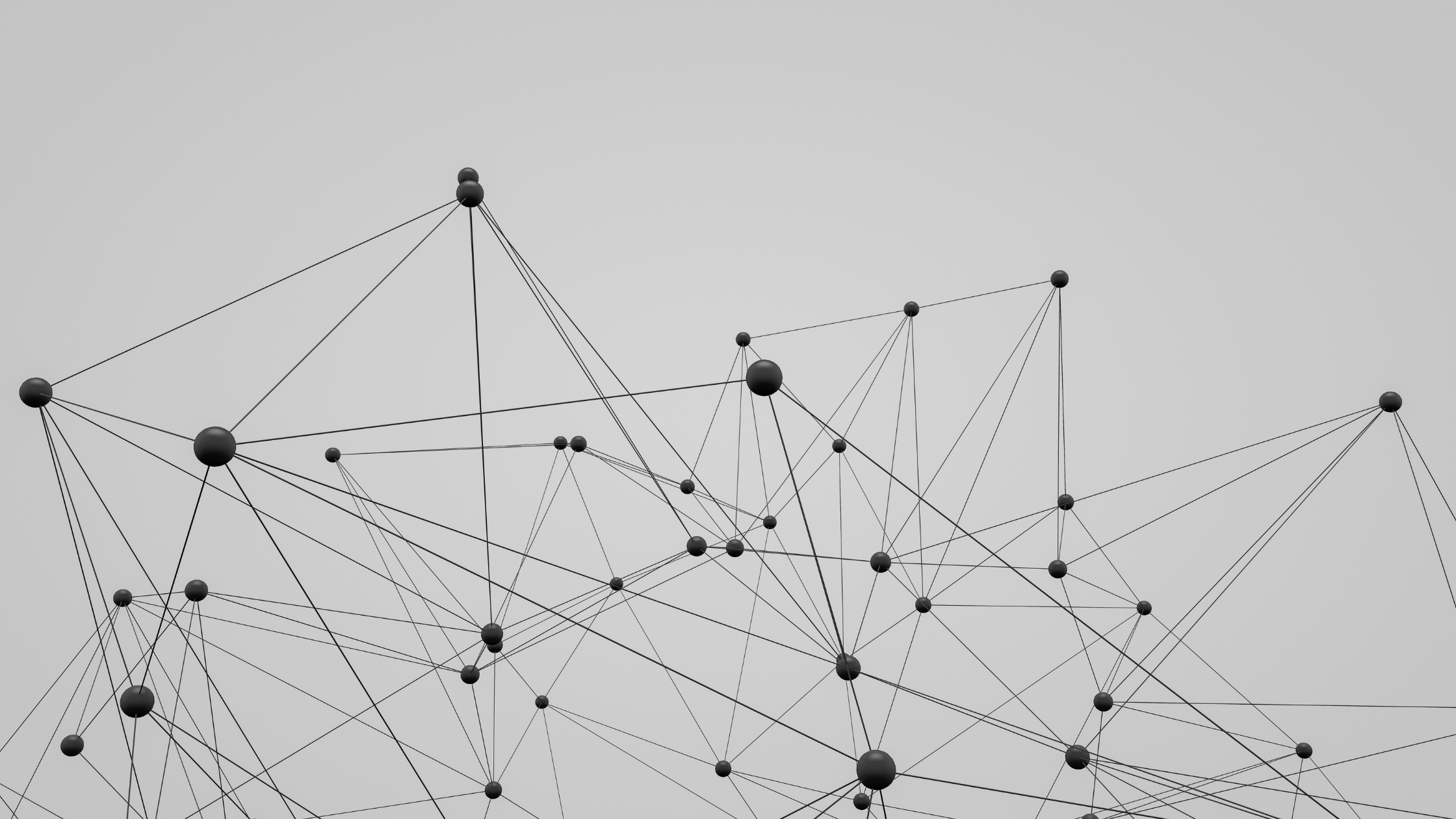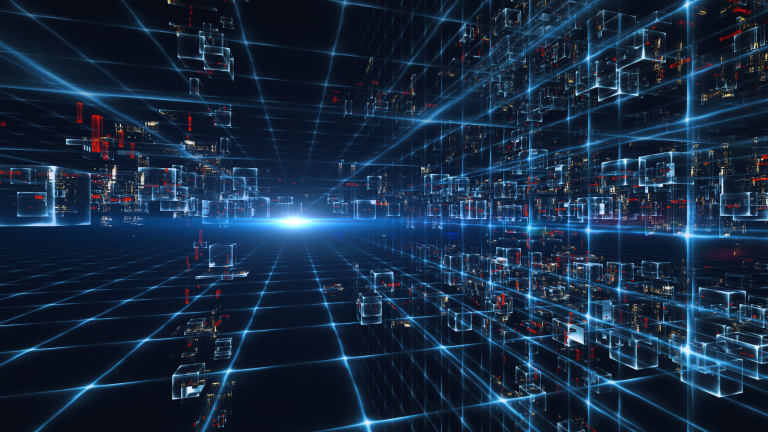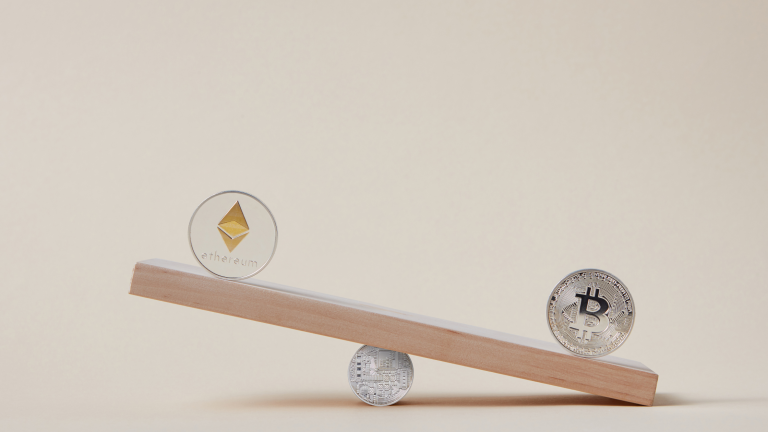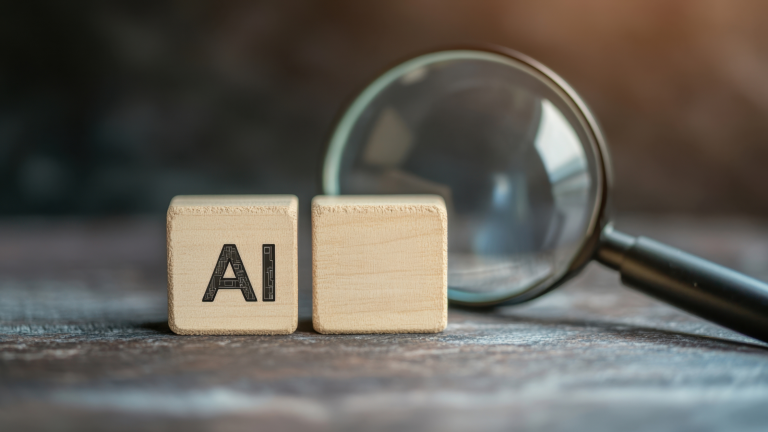Decentralized Autonomous Organizations (DAOs) have become a cornerstone of blockchain-based governance, offering a transparent and community-driven approach to decision-making. However, DAOs face critical challenges, including low voter participation, governance inefficiencies, and security risks. As artificial intelligence (AI) advances, the idea of AI-powered DAOs is gaining traction. Proponents argue that AI can enhance DAO governance by automating processes, reducing human bias, and improving security.
But will AI-powered DAOs truly redefine decentralized governance by 2026? Let’s explore the potential, challenges, and implications of integrating AI into DAO governance.
What Are AI-Powered DAOs?
AI-powered DAOs integrate artificial intelligence into blockchain governance to enhance decision-making, automate voting mechanisms, and improve security. Unlike traditional DAOs, which rely solely on human participation and smart contracts, AI-powered DAOs leverage machine learning algorithms to analyze data, predict governance trends, and optimize decision-making processes.
Key Features of AI-Powered DAOs:
- Automated governance – AI can assist in evaluating governance proposals, analyzing past voting patterns, and suggesting informed decisions based on data.
- Enhanced security – AI-powered security audits can proactively detect vulnerabilities in smart contracts and mitigate governance attacks.
- Data-driven decision-making – AI can process large amounts of governance data, including sentiment analysis and financial performance, to make more informed recommendations.
- Dynamic governance models – AI can introduce adaptive voting mechanisms that adjust based on user engagement, reputation, and past contributions.
While AI has the potential to improve DAO governance, its integration also raises concerns regarding transparency, trust, and decentralization.
The Current State of DAO Governance
The rise of DAOs has been impressive, with their treasury assets surpassing $27 billion as of early 2025, according to Token Terminal. However, despite this growth, DAO governance still struggles with several issues:
- Low voter participation: The average DAO voting turnout is only 13%, according to DeepDAO, showing that most token holders remain inactive.
- Security risks: Exploits in DAO smart contracts have led to over $300 million in losses in 2024 alone, highlighting vulnerabilities in decentralized governance.
- Centralization of power: A 2025 study by the Cambridge Centre for Alternative Finance found that in major DAOs, the top 1% of token holders control more than 90% of voting power.
Percentage of Users Holding 90% of Governance Tokens across 10 DAOs (Source: Chainalysis)
These issues raise an important question: Can AI improve DAO governance and address these persistent challenges?
Challenges in DAO Governance
Despite the growing adoption of DAOs, they continue to face significant governance issues:
- Low voter participation – Data from DeepDAO (2025) indicates that the average voting turnout in DAOs is approximately 13 percent, highlighting governance inefficiencies.
- Power centralization – A study by the Cambridge Centre for Alternative Finance (2025) found that in many DAOs, the top 1 percent of token holders control over 90 percent of the voting power, contradicting the principles of decentralization.
- Security vulnerabilities – DAO-related exploits resulted in over $300 million in financial losses in 2024 alone, underscoring the need for improved security measures.
These challenges limit the effectiveness of decentralized governance. The introduction of AI is being explored as a potential solution, but its impact remains uncertain.
How AI Can Transform DAO Governance
1. Automating Decision-Making
DAOs currently rely on community discussions and manual voting processes, which can be slow and inefficient. AI can streamline governance by analyzing historical voting patterns, financial data, and community sentiment to suggest optimal decisions.
For example, AI-powered governance assistants could evaluate proposals in real time, predict their impact based on past trends, and recommend adjustments to maximize value for the DAO. This reduces the workload on human voters while ensuring data-driven decision-making.
2. Enhancing Voting Systems
AI can help reduce voter apathy and manipulation by introducing smart voting systems that adapt based on user behavior. Some potential improvements include:
- AI-driven reminders to encourage participation among passive token holders.
- Fraud detection algorithms to identify suspicious voting behaviors and prevent Sybil attacks.
- Adaptive voting incentives, rewarding users based on engagement history rather than pure token holdings.
By making voting more accessible and secure, AI could increase DAO engagement and participation.
3. Smart Dispute Resolution
Disputes over governance decisions often slow down DAOs, requiring human arbitration. AI-powered arbitration models could analyze blockchain transaction history, previous governance rulings, and community discussions to suggest objective dispute resolutions.
For instance, an AI mediator could examine thousands of past similar cases and provide fair verdicts within minutes, eliminating the need for long, drawn-out governance battles.
4. Strengthening DAO Security
Security is one of the biggest concerns in decentralized governance. AI-powered smart contract audits can proactively detect vulnerabilities before they are exploited. Machine learning models trained on past blockchain attacks can identify risks in governance protocols and flag suspicious activities in real time.
For a detailed discussion on preventing DAO security breaches, refer to this guide on crypto security.
Will AI-Powered DAOs Become the Norm by 2026?
The extent to which AI-powered DAOs will reshape decentralized governance by 2026 depends on several key factors:
1. Regulatory Developments
The legal status of AI-powered governance remains uncertain. Governments are still defining policies around blockchain-based organizations, and the inclusion of AI further complicates the regulatory landscape. The upcoming EU AI Act, for example, is expected to classify certain AI applications as high-risk, requiring stricter compliance measures. AI systems used in democratic processes and finance-related decision-making—both of which apply to DAOs—could fall under these regulations.
Four-Tier Risk Classification for AI Systems (Source: EU Artificial Intelligence Act)
If DAO governance AI is classified as high-risk, it could face increased regulatory scrutiny, potentially slowing adoption. To ensure compliance, AI-powered DAOs will need to implement transparent decision-making models and allow for human oversight in governance decisions.
2. Community Trust and Adoption
While AI can optimize governance, its adoption depends on whether blockchain communities trust AI-driven decision-making. Concerns include:
- Algorithmic bias – AI systems trained on biased data may reinforce existing governance inequalities.
- Transparency concerns – AI often operates as a “black box,” making it difficult to audit decision-making processes.
For AI-powered DAOs to succeed, governance models must remain open-source and auditable, ensuring transparency and community oversight.
3. Technological Maturity
AI-powered governance models require significant computational resources, making on-chain AI implementations costly. Current blockchain scalability solutions, such as Layer-2 rollups, could help reduce these costs. However, AI governance systems will need further advancements in efficiency before they can be widely adopted.
4. Real-World Adoption
Several blockchain projects are already integrating AI into governance experiments:
- SingularityDAO – Uses AI-driven analytics for decentralized asset management.
- dOrg – Implements AI-assisted governance processes.
- DeepDAO – Utilizes AI to analyze DAO voting trends and decision-making structures.
Additionally, Web3 companies like Twendee are actively exploring AI-powered governance solutions to enhance DAO security, automation, and efficiency.
What to Expect by 2026
By 2026, it is unlikely that AI-powered DAOs will completely replace traditional governance models. However, hybrid AI-governed DAOs are expected to become more widespread.
- AI-assisted governance will be integrated into existing DAOs to optimize decision-making and security.
- Fully autonomous AI-driven DAOs will remain experimental due to regulatory and trust concerns.
- Decentralized communities will maintain oversight, ensuring AI remains a governance tool rather than a controlling entity.
While AI-powered DAOs may not dominate by 2026, they are expected to introduce a more efficient, data-driven approach to decentralized governance.
At Twendee, we are committed to driving innovation in blockchain and Web3 technologies. Our expertise spans AI, smart contract security, and decentralized governance solutions, enabling businesses to navigate the evolving landscape of digital transformation. By integrating AI-powered tools into governance frameworks, we help organizations build more secure, efficient, and adaptable decentralized ecosystems. Visit Twendee.io to explore how our solutions can support your Web3 initiatives.
For ongoing insights and updates, follow Twendee on:





